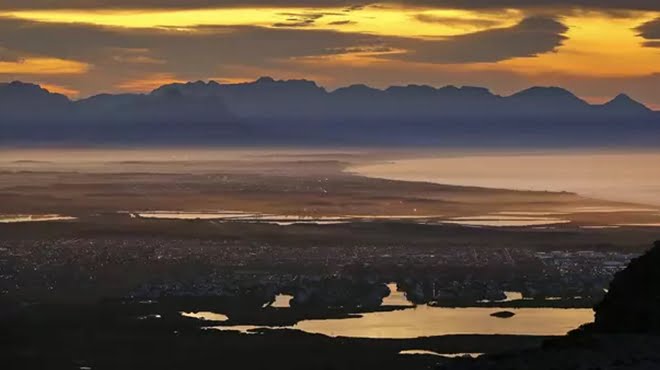Opposition parties have slammed the City of Cape Town for not properly investing in the Cape Flats Aquifer.
The City said in a new report released at the beginning of this year that the aquifer water from the Cape Flats Aquifer, which is located in the Philippi Horticultural Area (PHA), “is not suitable for immediate human consumption and must be treated to potable standards before it enters the reticulation system”.
“The issue that we have raised with the City regarding the aquifers is that if you extract water then you must be able to maintain the water and it’s clear that the City has no clear plan in place,” said Delmaine Cottee, ANC councillor and member of the City’s water and sanitation portfolio committee.
According to the City’s report, it was hoped that potable water could be pumped out of the aquifer by last September, but this was reassessed after good autumn rainfall and estimates of the cost of treating the water before piping it into the drinking water system. The boreholes producing the highest yields are the most polluted.
To date, no water from the aquifer has been used to augment the supply of drinking water.
The report stated: “What became apparent during drilling and testing over the past 12 months is that where yields were high, quality was poor and where yields were low, quality was better, resulting in higher costs per unit of groundwater. The sustainability of the Cape Flats Aquifer is very important to the long term water security of the City. This involves injecting treated waste water into the aquifer, as well as in future gathering storm-water into artificially constructed wetlands to filter down into the underlying geological formation of the aquifer.
“This recharge requirement is part of the license conditions from the Department of Water and Sanitation and over time will increase the yield and improve water quality within the aquifer. We had discussions with the community of the Philippi horticultural area. Its evident that the City is prioritising other agricultural areas instead of the PHA.” Andrew Arnolds from the EFF in the City council and who is also a member of the portfolio committee said its “unacceptable”.
“What we have been saying is that they need to maintain that water to ensure that we are prepared for the next 30 years.”
The aquifer stretches from False Bay to the Tygerberg hills and Milnerton.
PHA Food and Farming campaign chairperson Nazeer Sonday said: “The PHA campaign is in a 10-year struggle to have statutory protection for the Cape Flats Aquifer over the aquifer’s recharge zone. The Philippi Horticultural Area is within this zone.
“This way we can manage polluting activities, improve water quality and implement Managed Aquifer Recharge.
“Together this will realise up to 30% of the City’s potable water. The aquifers water-holding capacity is equal to the five dams supplying the city. The City and provincial department of environment has mechanisms in city by-laws that they can use to protect and manage the CFA.
“Currently the City is opposing the PHA campaign in the high court to support developers paving over the recharge zone of the Cape Flats Aquifer and destroy the provinces only drought-proof vegetable farming area.”
The City’s mayoral committee member for Water and Waste services Xanthia Limberg said: “Groundwater is the responsibility of the national government and the Department of Water and Sanitation. We have to make an application that can allow us to extract groundwater under those regulations.”
